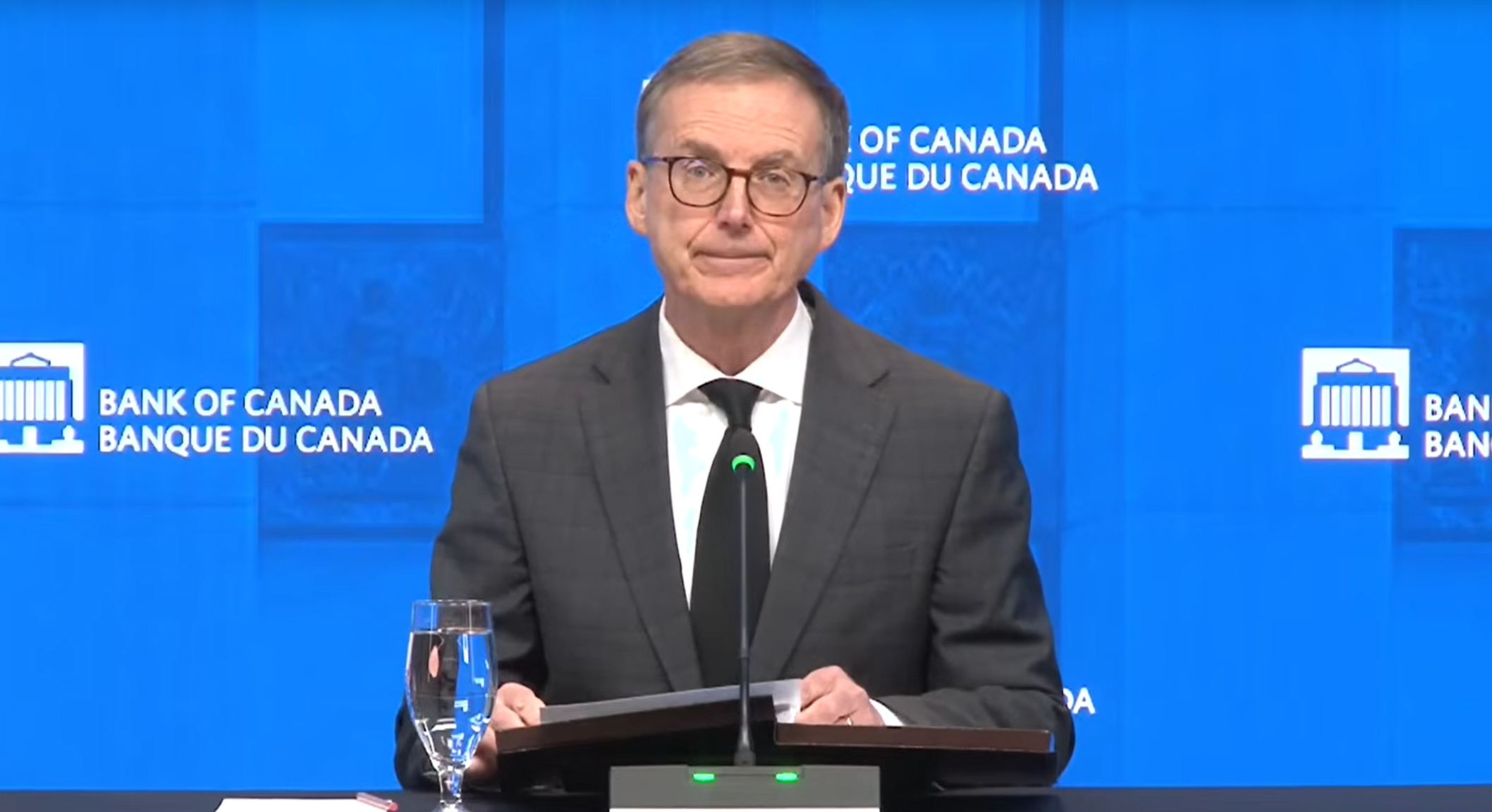Ontario, Quebec will bear brunt of slowdown: Deloitte
Dawn Desjardins, Deloitte’s chief economist
Canada’s economy is grappling with significant challenges this year as tariffs, trade tensions and heightened policy uncertainty weigh on growth prospects, according to Deloitte’s Economic Outlook: Summer 2025.
“The tariffs on steel, aluminium and finished vehicles will certainly weigh on growth, but it is the uncertainty over future trade that is most damaging to the economic outlook this year,” Dawn Desjardins, Deloitte’s chief economist, wrote in the report. "In Canada, the extreme rise in policy uncertainty, which now exceeds levels experienced during the pandemic, is taking a toll on confidence with consumer and business confidence measures falling to the lowest levels outside the pandemic."
Canada’s real GDP will grow by only 1.1% in 2025 before picking up slightly to 1.6% in 2026, according to the report. Desjardins cautioned “a modest recession is likely to occur this year.”
Ontario and Quebec are expected to bear the brunt of the slowdown due to their heavy reliance on industries affected by tariffs. Ontario, the country’s leading exporter of steel and automobiles, faces particular hardship. “Central and parts of Eastern Canada are facing the most subdued economic growth forecast this year, with Ontario particularly hard hit given its exposure to industries with large tariffs in place.”
Tariffs have already triggered significant job losses in manufacturing. “In the steel industry, ArcelorMittal has laid off workers in Hamilton, Algoma Steep Group Inc. in Sault Ste. Marie and Ivaco Rolling Mills in L’Orignal. Losses were also observed in motor vehicle manufacturing with Stellantis temporarily laying off thousands of workers at its Windsor assembly plant in April.” Manufacturing employment was down by 55,000 jobs in May compared to January.






